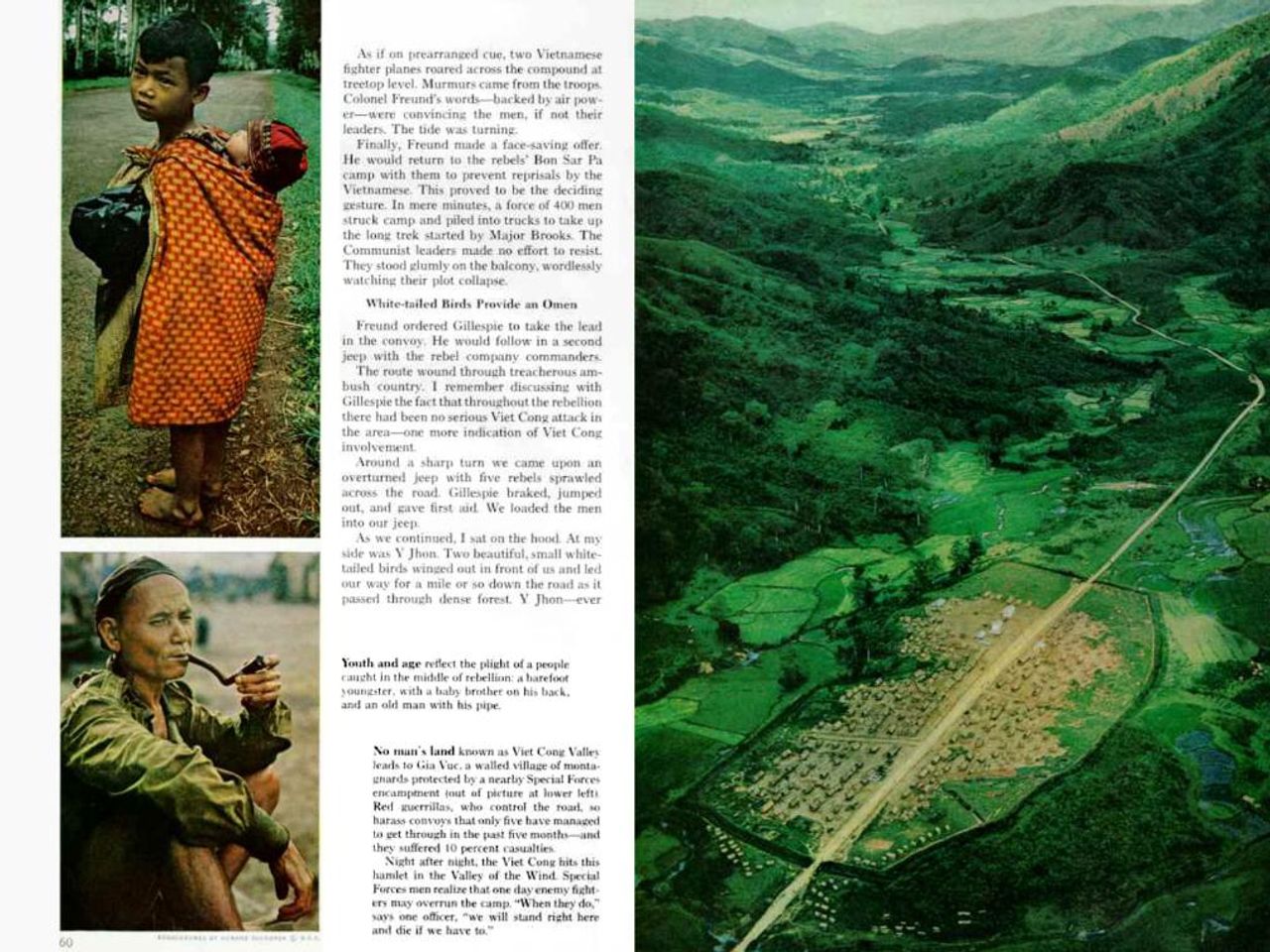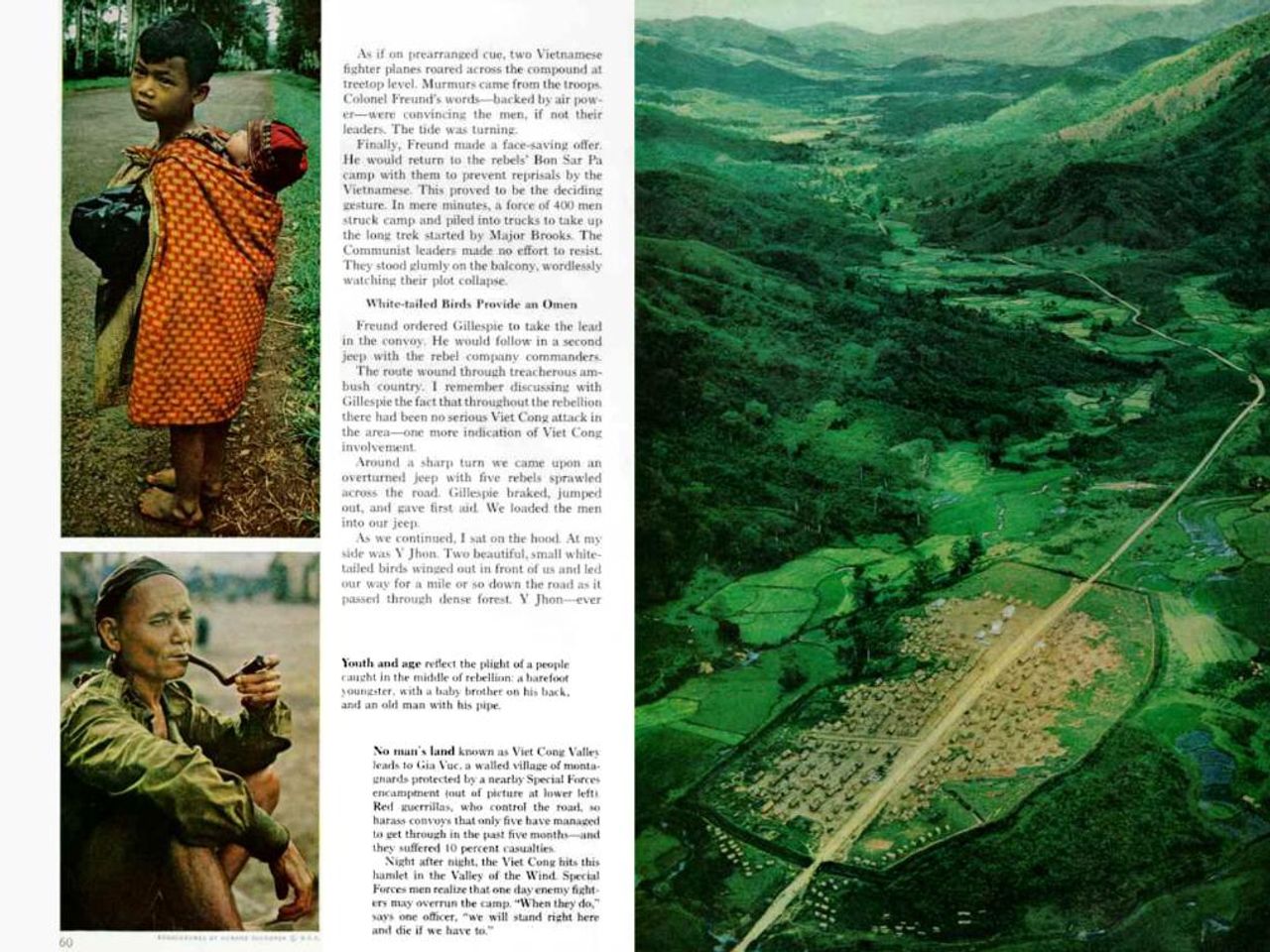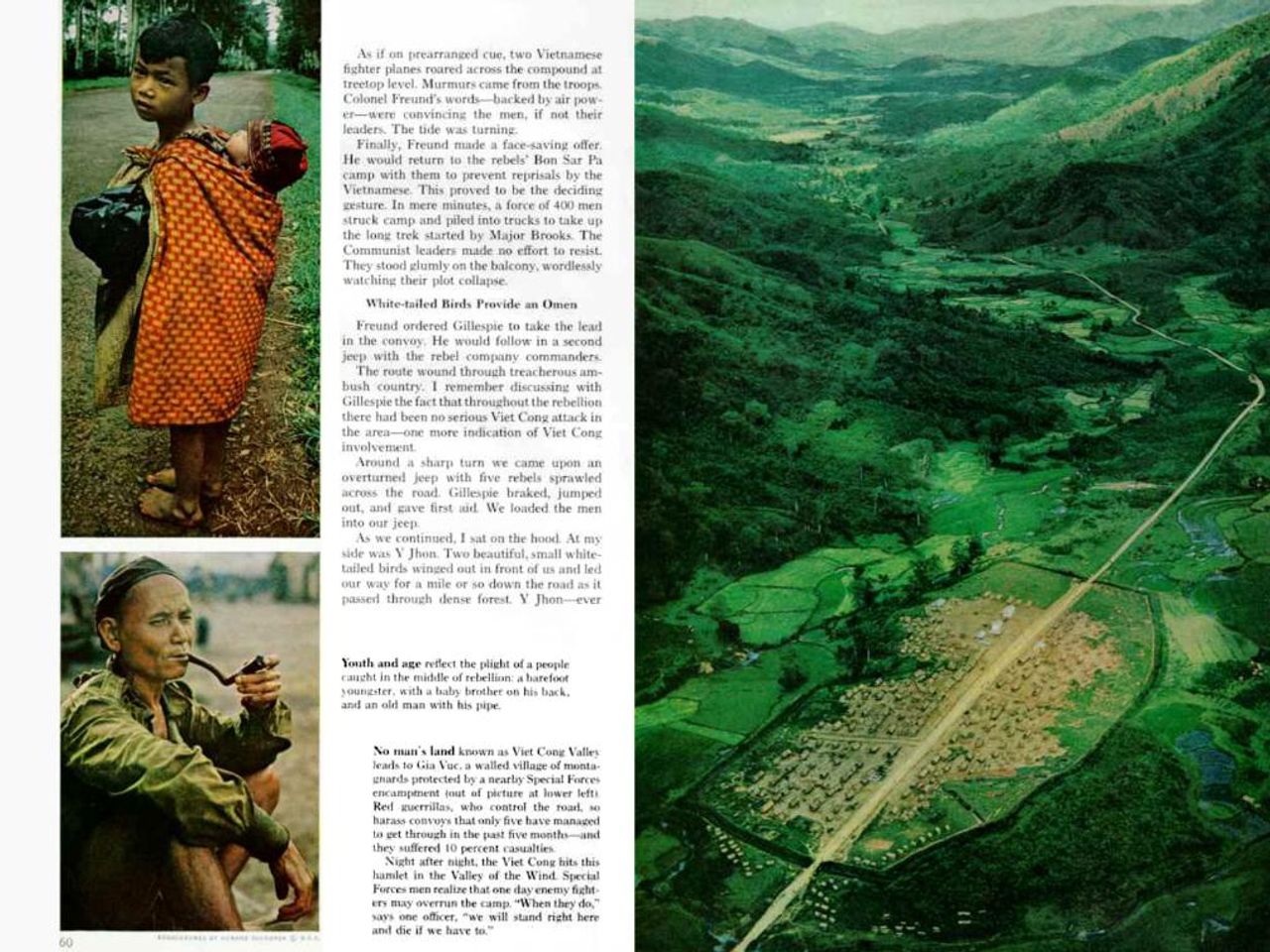Venezuela Set to Conduct Legislative and Regional Elections; U.S.-Supported Opposition Advocates Boycott
Fresh Take:
Venezuela's 2025 Elections: A ContentiousCrossroads
Prepare yourself, folks! On April 27th, 2025, Venezuela will host its next round of legislative and regional elections, with the National Assembly (AN) and regional governorships as the main attractions. However, these elections are shaping up to be a stormy affair, with the opponent camps divided and allegations of electoral manipulation swirling around.
Calling all voters! On the 27th of April, you'll have the chance to elect 277 deputies to the National Assembly, 23 regional governors, and legislative councils. But get ready for some twists— municipal elections are slated for a later, unspecified date.
So, what's the big deal? Well, Elvis Amoroso, the CNE president, declared a "permanent session" to ensure everything runs smoothly and press releases about the schedule are on their way. The CNE is committed to providing an open, trustworthy process.
But wait, there's more! All political parties and candidates will sign a contract agreeing to abide by certain guidelines and accept the CNE's results. Sounds fair, right? Not so fast—let's delve into the past to understand the present.
In 2021, the United Socialist Party of Venezuela (PSUV) won 19 governorships and 212 mayoral offices, even with a less-than-stellar turnout. The opposition, however, managed to secure victories in Zulia, Cojedes, and Barinas.
Things got a bit messy in Barinas. You remember the Barinas gubernatorial race, right? Well, the Venezuelan Supreme Court (TSJ) deemed the results null because MUD candidate Freddy Superlano was allegedly disallowed from holding public office. A re-run in January 2022 solidified MUD candidate Sergio Garrido's win against the PSUV's Jorge Arreaza.
In December 2020, the PSUV snatched 256 of the 277 seats in the National Assembly, dethroning the opposition. The moderate opposition managed to secure 20 seats, while the left-wing Revolutionary Popular Alternative captured one deputy seat.
President Nicolás Maduro welcomed the news, stating that "democracy is the way forward." However, the opposition rejects these elections and wants the July 28, 2024, election results to be upheld before participating. Far-right leader María Corina Machado has urged fellow anti-government forces to unite against taking part in the electoral contests.
Will Maduro and the PSUV maintain their grip on power? Or will the opposition muster up the unity and strength needed to challenge the status quo and deliver a decisive blow? Stay tuned to find out!
Revised by Rex Rooftop from Caracas.
Enrichment Data:
election controversies and challenges
Electoral Controversies
- The Unending Quest for Credibility: The opposition remains wary about the electoral process due to concerns about fraud and manipulation following the controversial 2024 presidential election[5].
- Fractured Opposition Unity: Fragmentation within the opposition hampers their collective efforts to challenge the ruling party[2]. Some groups, like Primero Justicia and Venezuela Decide, hold divergent views, while others such as Un Nuevo Tiempo distance themselves from select leaders.
- Electoral Reforms and Safeguards: Sustained debates revolve around electoral reforms and safeguards, with the Simón Bolívar Law being a key point in efforts to bolster the electoral system. Nonetheless, the effectiveness of this proposed law remains subject to debate[1].
- International Reactions: The international community voices concerns about Venezuela's democratic process, although upcoming reactions to May 2025 elections are not prominently detailed in available reports. One notable exception is the United States, with Secretary of State Marco Rubio continuing discussions with opposition leaders, affirming support for those perceived as the "rightful president"[6].
- The 2025 elections in Venezuela are surrounded by concerns about fraud and manipulation, as the opposition remains wary due to controversies from the 2024 presidential election.
- Fragmentation within the opposition is a hindrance in their collective efforts to challenge the ruling party, with groups like Primero Justicia and Venezuela Decide holding divergent views.
- There are ongoing debates about electoral reforms and safeguards, with the Simón Bolívar Law being a key topic in an effort to strengthen the electoral system.
- The international community, including the United States and its Secretary of State Marco Rubio, voices concerns about Venezuela's democratic process, affirming support for those perceived as the "rightful president."
- As Venezuela prepares for the 2025 elections, it remains to be seen whether the opposition can muster the unity and strength to deliver a decisive blow against the ruling party and challenge the status quo.







